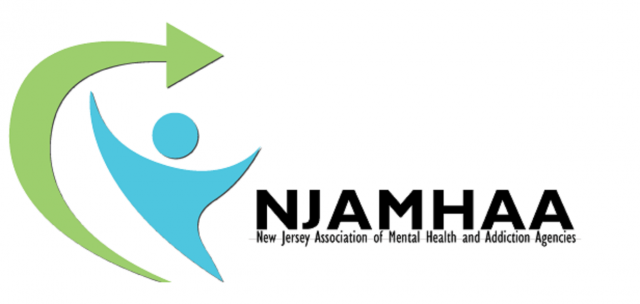April 28, 2023
On April 26, the U.S. House of Representatives passed H.R. 2811, the "Limit, Save, Grow Act of 2023", legislation that would increase the federal debt limit, cut funding for a number of programs, establish discretionary spending limits, rescind COVID-19 funds and enact new work requirements for federal assistance programs, among other provisions.
The legislation was passed generally across party lines with 217 Republican members voting in favor, four voting opposed, and one not voting; and 211 Democratic members voting against, with two not voting.
The legislation would rescind increases on non-defense discretionary spending included in the Consolidated Appropriations Act, 2023. As reported in a NAMI New Jersey E-News letter, cuts would include:
- $400 million from the 988 Suicide & Crisis Lifeline
- $153 million from the Community Mental Health Block Grant
- $70 million from Certified Community Behavioral Health Clinics (CCBHCs)
- $120.9 million from the National Institute of Mental Health
- $96.3 million from the Edward Byrne Memorial Justice Assistance Grant Program
- $8 million from Supportive Housing for People with Disabilities Program (Section 811 vouchers)
In addition to funding cuts, the legislation would establish new work requirements for Medicaid, and would expand work requirements for the Supplemental Nutrition Assistance Program (SNAP) and the Temporary Assistance for Needy Families (TANF) program.
The United States hit the previously set federal debt limit of $31.4 trillion on January 19, 2023, but the Department of the Treasury has been taking what it calls "extraordinary measures" so that the U.S. Treasury has the ability to pay its obligations, preventing the U.S. from defaulting on payments. As reported by the Brookings Institution, such defaults, referred to as the debt ceiling "binding", would lead to rapid negative economic effects and the risk of triggering a deep recession, among many other widespread negative implications.
Senate Majority Leader Chuck Schumer (D-NY) has said that the legislation is dead on arrival to the Senate. He was quoted on msn.com saying, "These measures, and they're truly extreme, have no place in a debate about avoiding default . . . I urge Speaker McCarthy to stop wasting any more time on this DOA, dead on arrival, bill. Time is running out for Congress to work together to avoid catastrophe."
In addition to the implications for federal programs, the Limit, Save, Grow Act would impact a number of New Jersey programs. As stated in a White House Fact Sheet on the implications of the legislation on New Jersey, H.R. 2811 would:
- Deny 1,300 New Jerseyans admission to opioid use disorder treatment
- Eliminate 6,800 preschool and child care slots in New Jersey
- Strip food assistance from 58,000 New Jerseyans
- Make college more expensive for 150,100 New Jerseyans
- Raise housing costs for 20,200 New Jerseyans
- Worsen Social Security and Medicare assistance wait times for 1.8 million New Jersey seniors
- Threaten medical care for 50,500 New Jersey veterans
Click here to read more on this story, click here to access the White House's fact sheet on implications for New Jersey, and click here to access a list of similar fact sheets for all states.



